Many Monsters or Monstrous Men—A Listicle Duel About Literary Villains
Two SCHOLAR editors clash over what books to read this Halloween season
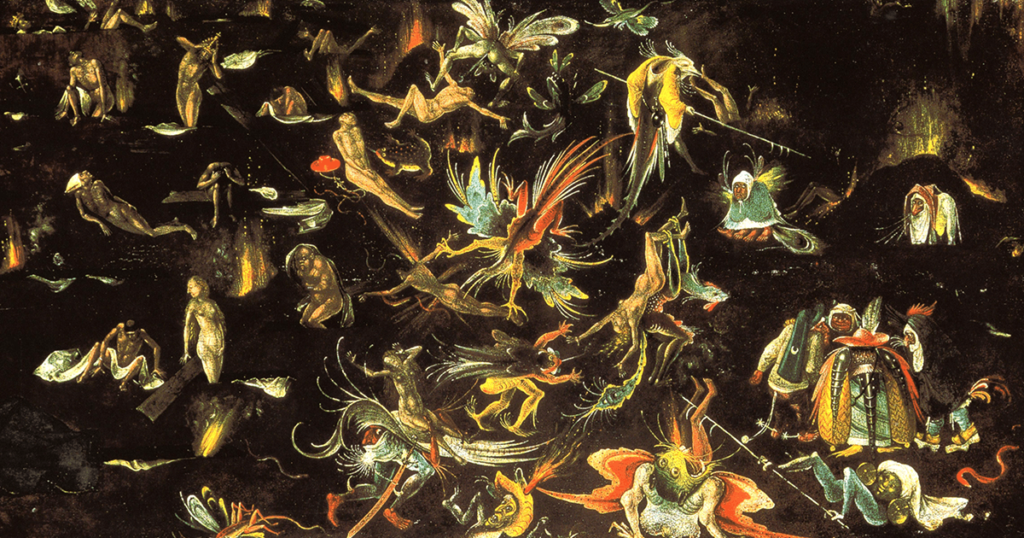
People may be scary, but you know what’s even scarier? The monsters they dream up—the skin-crawling creatures of darkness and depravity that arise from an imagination running rampant in the night. Here are some of my favorite monsters, culled from the past thousand-odd years of literature.
—Stephanie
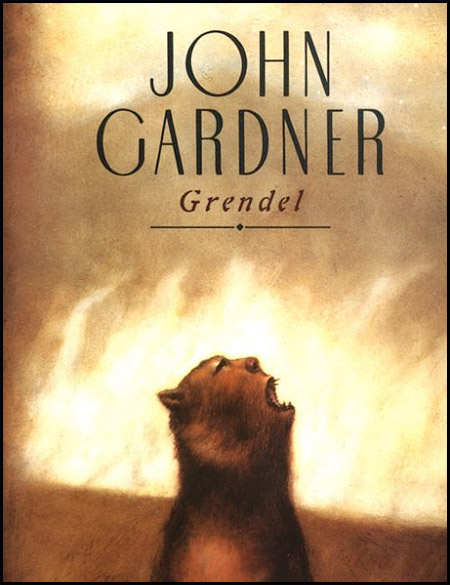
Grendel by John Gardner and Beowulf (translated by Stephen Mitchell)
Whether you go for the monster’s side of the story or the terrifying original, the first beast of English literature is still one of its best: Grendel, who can’t even stand the sound of happiness. Beowulf also gets extra points for two bonus monsters: Grendel’s ma, and the dragon that our hero slays 50 years later.
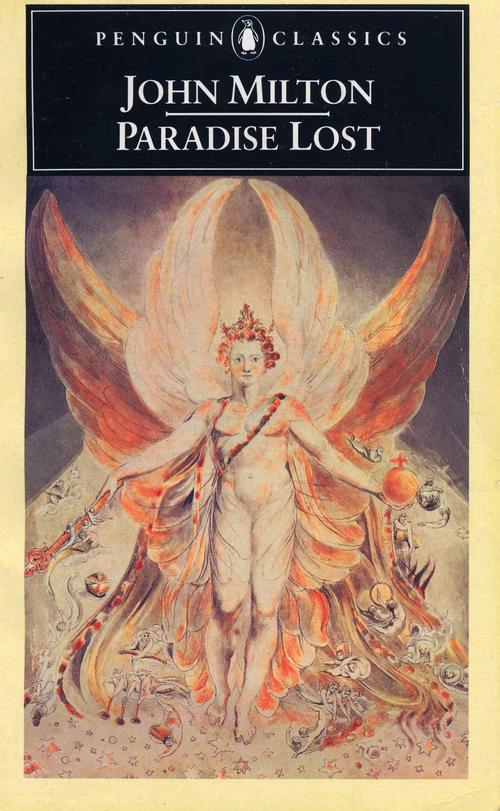
Paradise Lost by John Milton
Milton’s Lucifer—the original bad boy, all brooding banter and dark intrigue—can’t be bested in the genealogy of monsters. If evil is the inverse of good, what could be more wicked than a fallen angel?

Frankenstein by Mary Shelley
There’s a reason why every Halloween, there’s a little monster knocking on your door. Mary Shelley’s human/monster in this Gothic/Romantic hybrid is a tour de force—it’s no wonder Percy married her after she bested all their friends in their horror story competition.
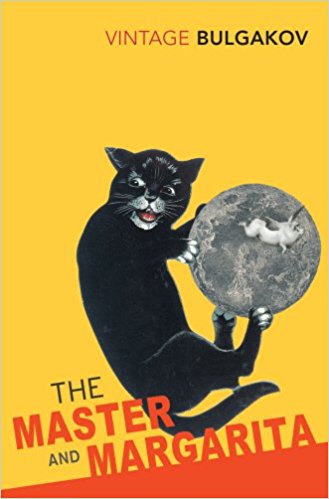
The Master and Margarita by Mikhail Bulgakov
Okay, Milton might be the master, but at least in Soviet Russia, Satan came with a retinue of grotesqueries and a black cat that swills vodka like it’s cream—Behemoth, whose fondness for grain alcohol is only matched by its love for sarcasm and pistols. Oh, and chess.
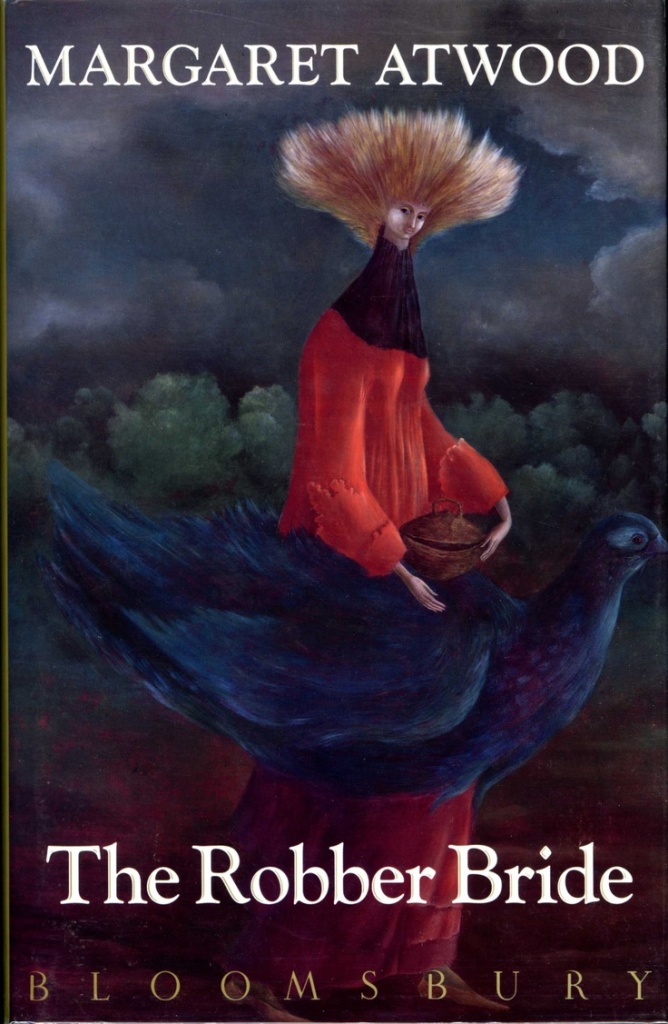
The Robber Bride by Margaret Atwood
My favorite feminist dystopian twists Grimm’s fairy tale—of an evil groom who steals young women’s hands, literally, and consumes them—into the story of how three friends lose everything to an old college chum. Zenia is a maneater, a jezebel, and maybe even a zombie—a pathologically wicked woman who may or may not be real, and who ruins everything she touches.
With all the Halloween fervor in the air, there are some of us—a quiet few—who shy away from the spooky, the supernatural, the sensational. Monsters especially. But that doesn’t mean there aren’t beastly characters firmly rooted in realistic fiction. Although, given their downright abhorrent personalities, perhaps it’s better to relegate these reprobates to an oubliette in another world.
—Charlotte
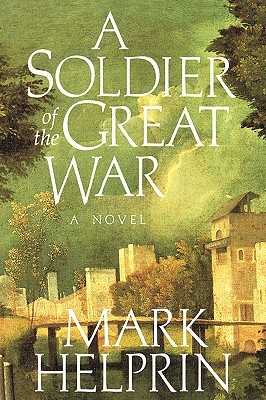
A Soldier of the Great War by Mark Helprin
Alessandro Giuliani is the type of person we all wish to be—someone with a code of ethics and aesthetics worth dying for. He is the epic hero who gallops from Rome to the sea to visit his lover, outrunning the polizia, chasing a train, and jumping fences in the process. But when the First World War begins, his fate falls into the hands of Orfeo Quatta, a deformed legal scribe whose profession has just been eclipsed by the typewriter. In a twist of fate, Orfeo becomes chief scribe of the War Ministry, dolling out false edicts and incorrect reports with impunity—one of which will have dire consequences for Alessandro.
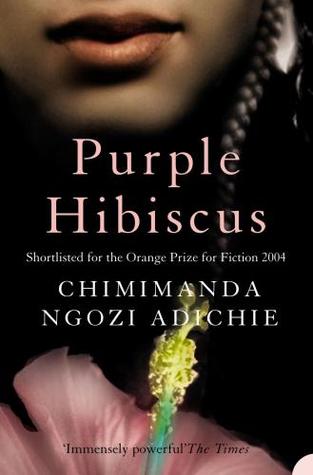
Purple Hibiscus by Chimamanda Ngozi Adichie
Papa Eugene loves his family very much. He prays for them and keeps them safe within the walls of the housing compound. Once Kambili and Jaja visit their aunt in nearby Nsukka, Nigeria, though, they begin to understand that their father is not the saint he once seemed to be. The siblings must learn whom to trust, and whom to defy—God, government, or their own father. Not your traditional teenage rite of passage story, to say the least.
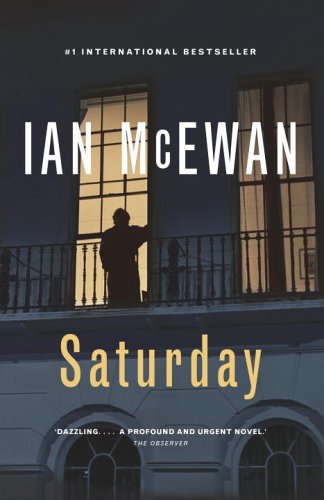
Saturday by Ian McEwan
You are driving across an intersection and suddenly a car sideswipes you. Under normal circumstances, the other driver would already be your worst enemy, considering the insurance rigmarole sure to come. But for Henry Perowne, it’s only midmorning on a day during which everything he loves is under siege by a vengeful Baxter, the supposedly negligent driver.
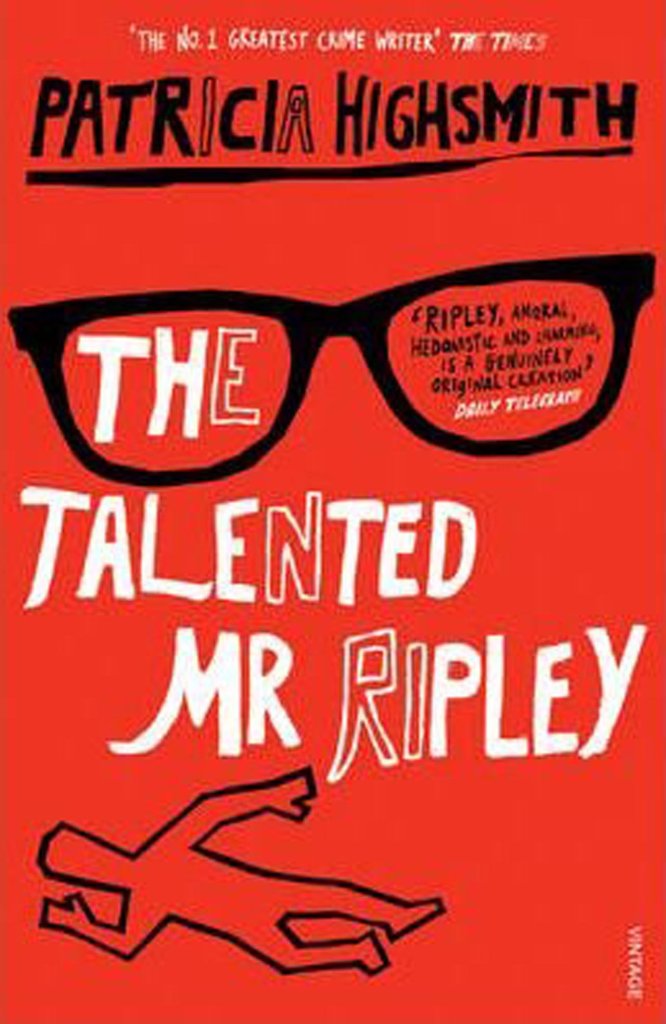
The Talented Mr. Ripley by Patricia Highsmith
In 1949, Patricia Highsmith wrote that the “psychopath is an average man living more clearly than the world permits him.” Tom Ripley is such a man, tired of his life in New York and ready to do whatever it takes to become more like Dickie Greenleaf—luxuriating in Italy with a beautiful woman. Ripley is an amoral antihero, to be sure, but he’s one I can’t help but admire. Does that make me monstrous, too?
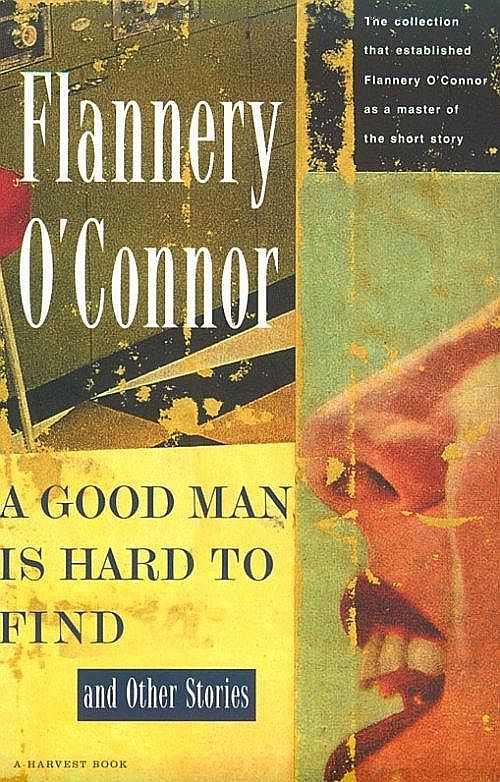
A Good Man is Hard to Find and Other Stories by Flannery O’Connor
“‘Oh Lord,’ he prayed. ‘Break forth and wash the slime from this earth!’” Of course, Mr. Shiftlet ought to include himself in this exhortation. He’s just one of many monstrous men O’Connor conjures up in this short-story collection. Bible salesmen aren’t what they seem, neither are men who are willing to fix cars for free. Then again, grandmothers and blond academics are just as bad as shirtless escaped convicts.
So who’s the listicle champion—Stephanie and her fiends, or Charlotte with her terrible men? Chime in with your thoughts in the comments section.

